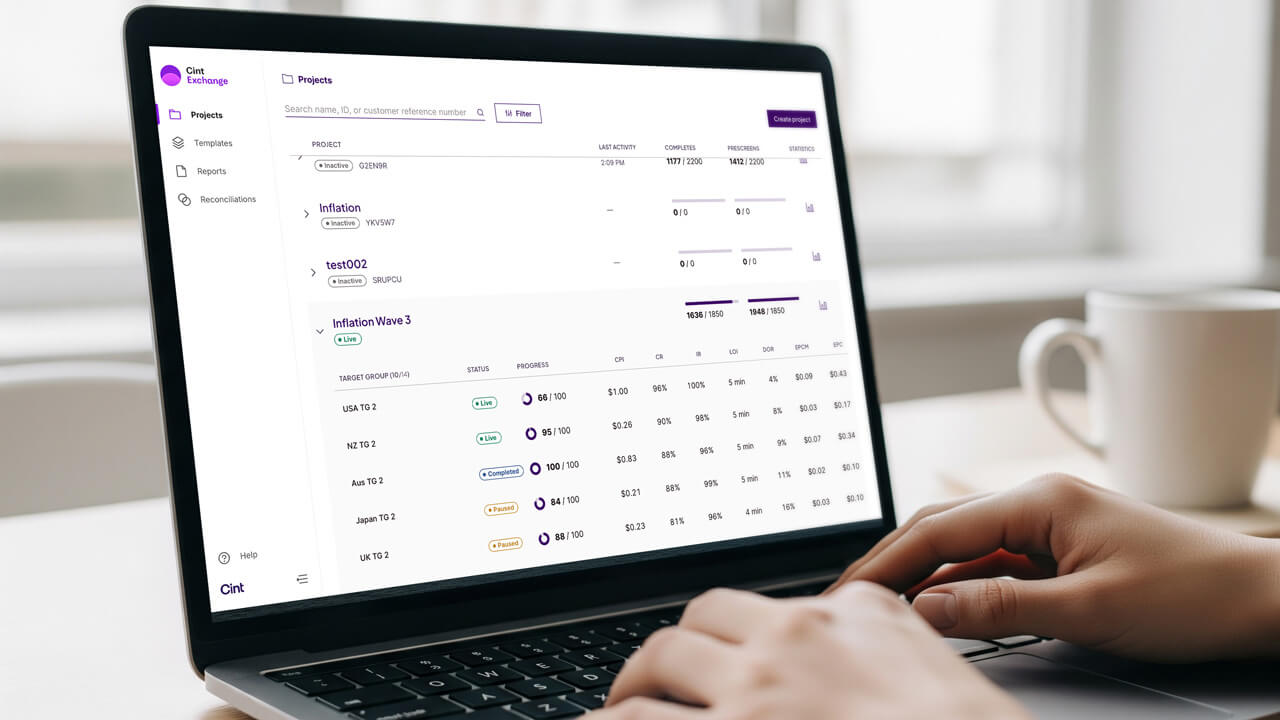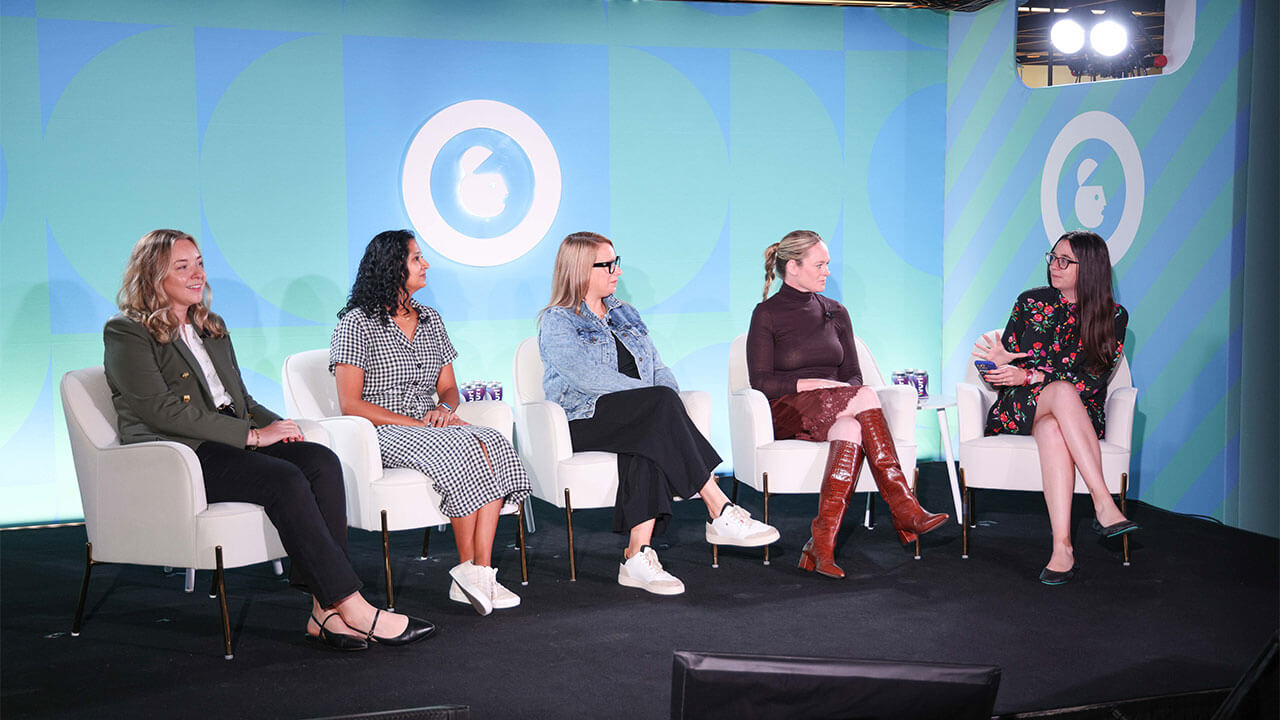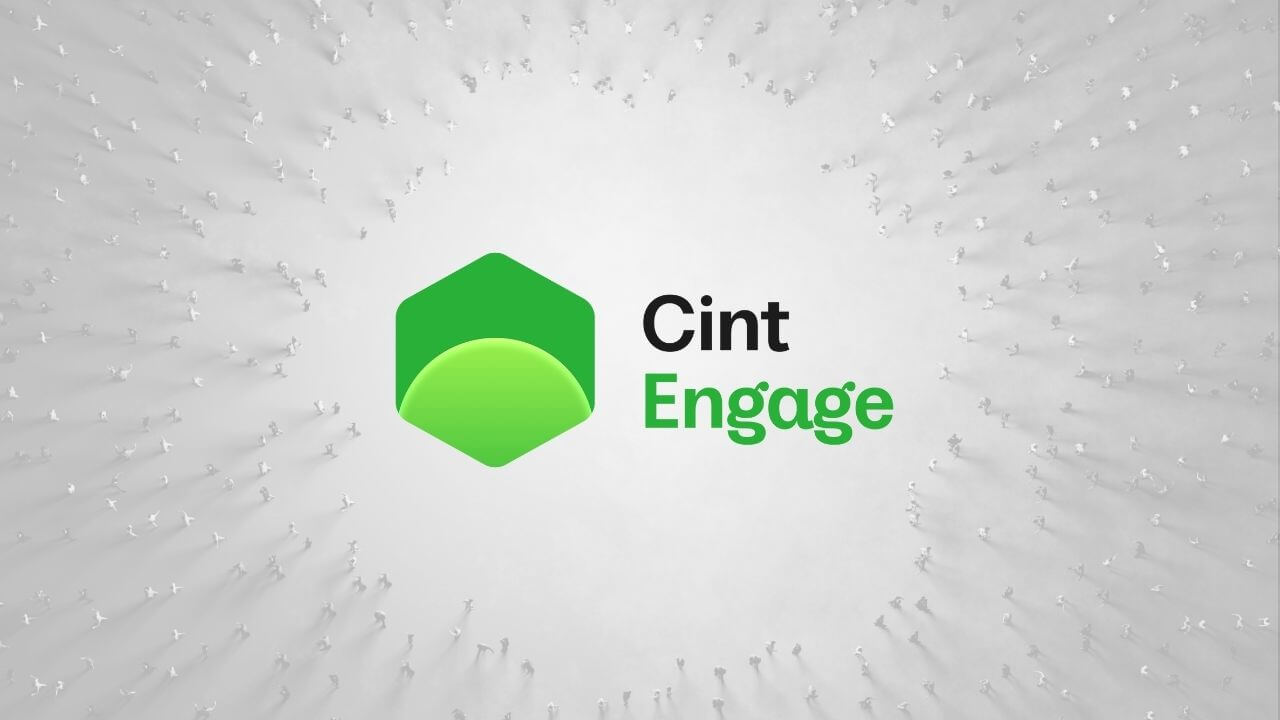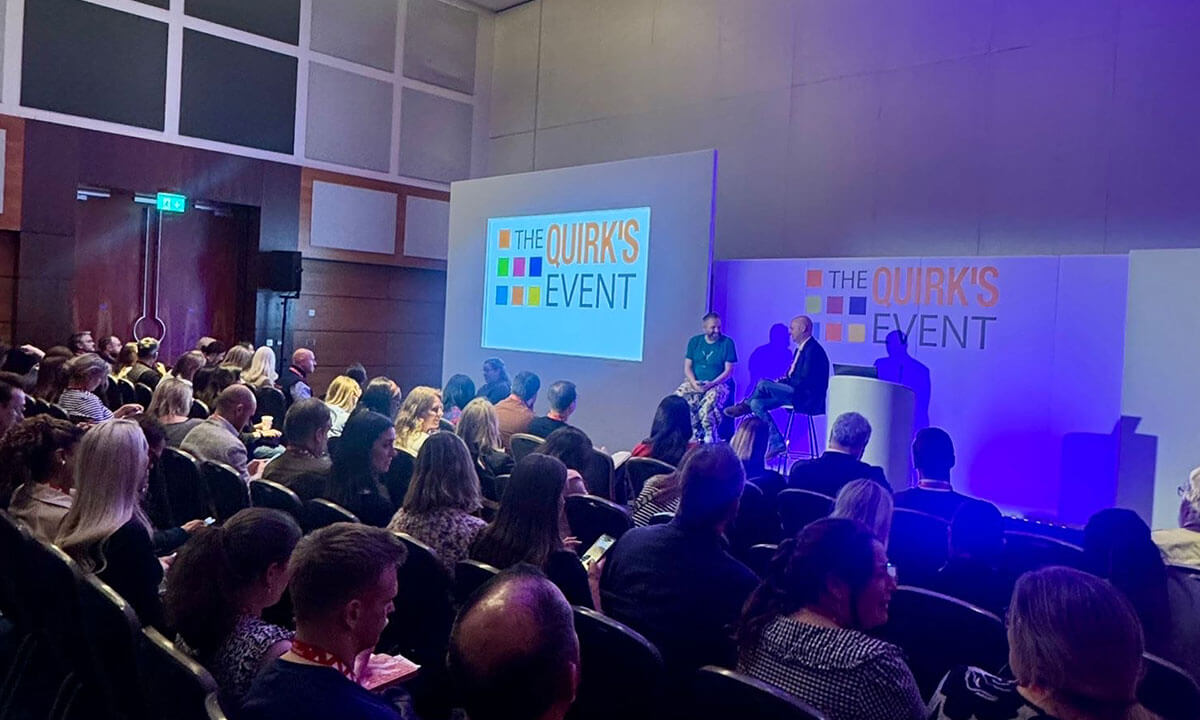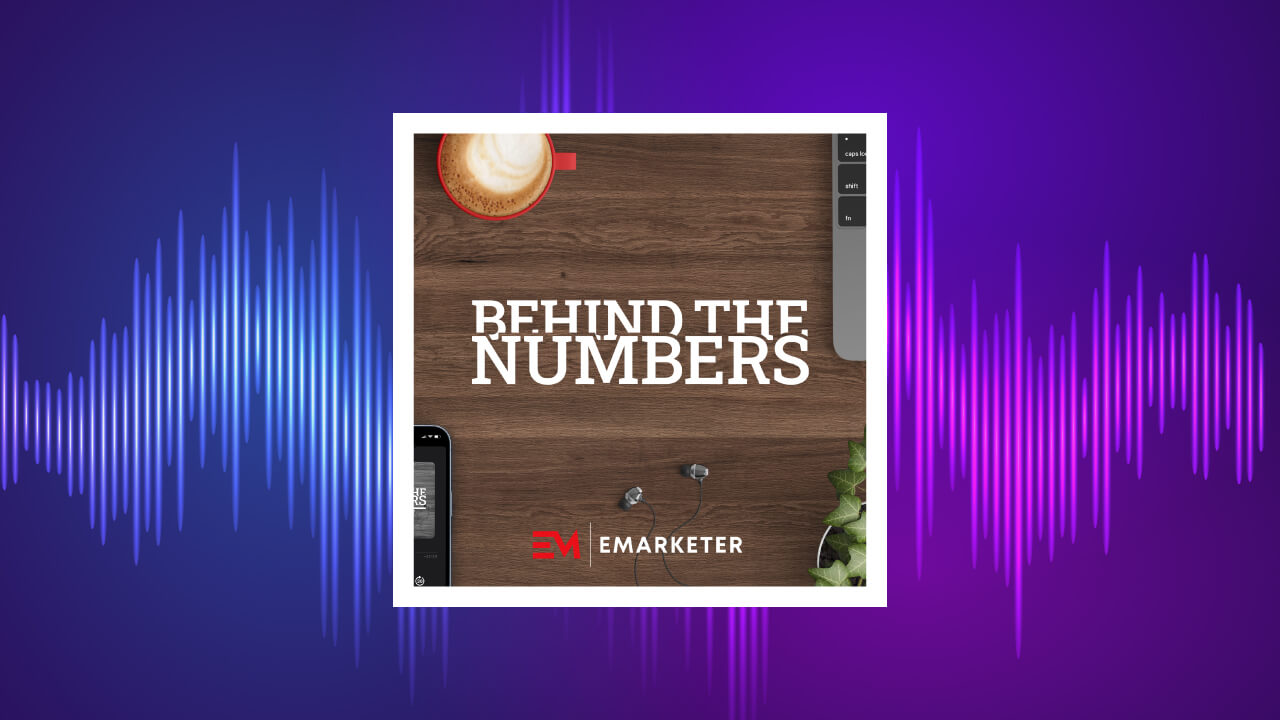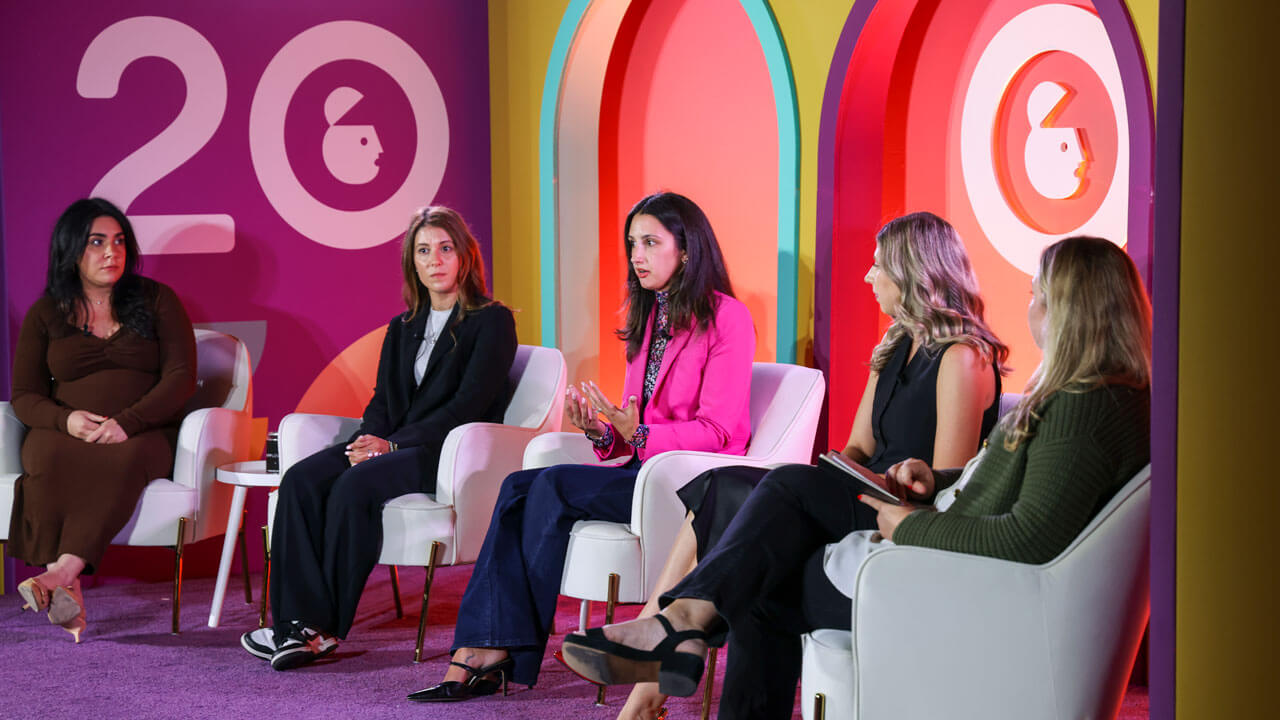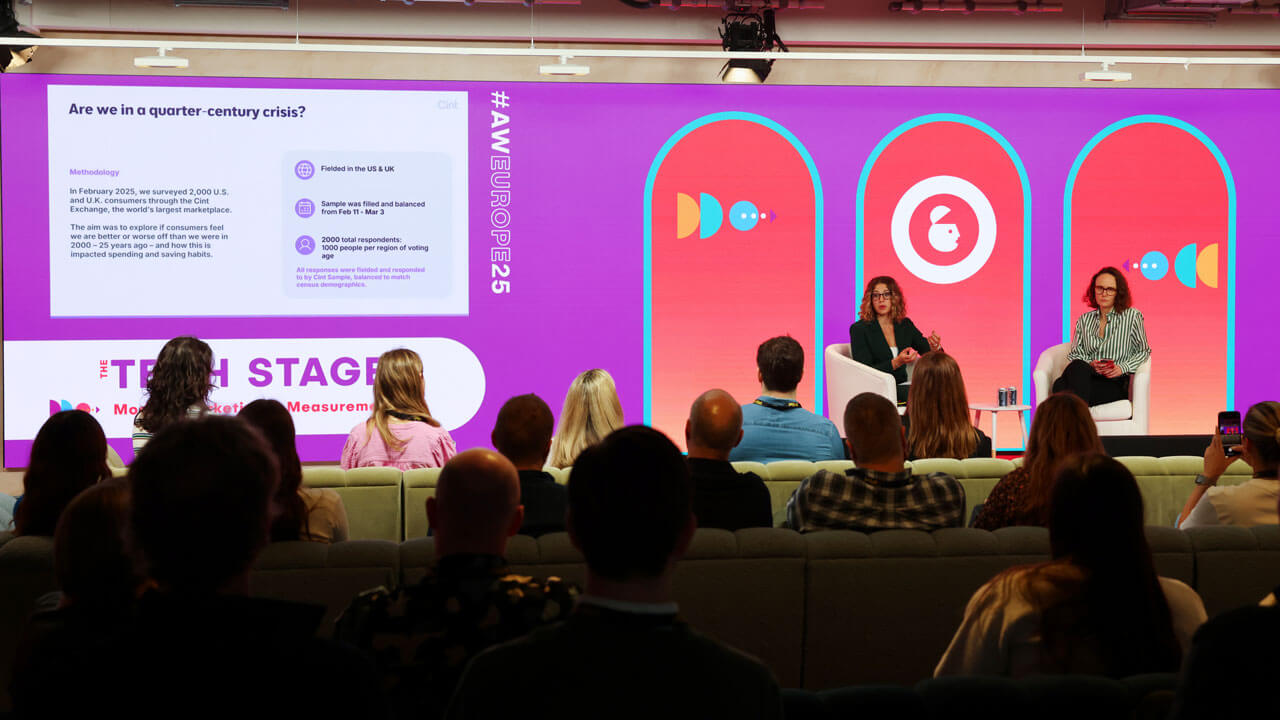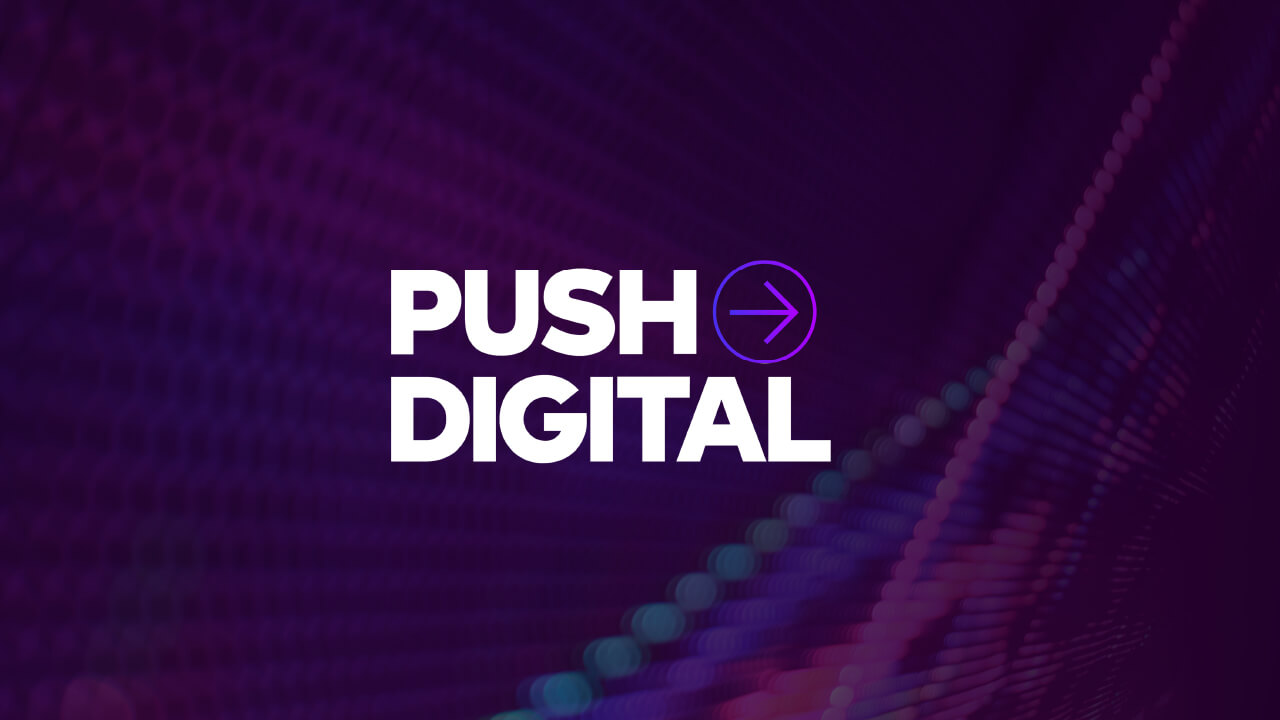 Many industries use market research to help reach marketing or growth goals by connecting with audiences and receiving feedback. But, academic researchers utilize market research for their own unique applications. Conducting market research — whether in a university setting or otherwise — can improve studies, papers, theses and research projects.
Many industries use market research to help reach marketing or growth goals by connecting with audiences and receiving feedback. But, academic researchers utilize market research for their own unique applications. Conducting market research — whether in a university setting or otherwise — can improve studies, papers, theses and research projects.
What is academic market research?
Market research is when enterprises interact directly with their target audience to test the success of a new or existing product or service. Because they can reach out to targets directly, market research allows companies or individuals to get feedback on marketing processes, product design, possible improvements and more. Market research can also help highlight who interacts with products or content the most, helping businesses understand their audience more. In the academic setting, faculty and students can use research to support scientific, social and psychological studies like graduate student dissertations and thesis papers. University officials can use market insights to connect with their target segments and access valuable data sources that can help guide and continue their research. Many professors and academics publish research periodically, which often requires grants or other external funding. Market research methods help professors explore their topic, allowing them to test out ideas before they get too far along in their study and learn that the research will not work. Researchers have a set standard of ethics they need to uphold when conducting research with other people as its subjects. Market research can help ensure they follow their Internal Affairs Board’s ethical requirements while allowing them to access data vital to their research and subject.The importance of market research in academic studies
Market research can help academic researchers reach growth and improvement goals. Because market research can help researchers better understand their audience, researchers in higher education settings can make more deliberate actions and decisions they know will reach and work for their audience. Market research is important in the following studies:- Psychology: There are many instances in which market research might get used in psychology, such as conducting interviews for a research paper. Psychology is the study of the mind and behavior, so getting people involved in interviews is a great way to increase the validity of the research.
- Political science: Political scientists might use market research — such as focus groups — to conduct studies related to the success of previous campaigns. This would help them put together more successful and effective campaigns in the future.
- Social research: Studying individuals and communities is much more effective when researchers can reach out to them and gain their insights into a problem or topic. Academic researchers might conduct market research to find topics they want to study or refine their interests.
- Research projects: Professors, students and other academics will likely write a research project during their career. Market research can help them narrow down an audience or decide whether there’s a need out there for their research before they get too deep into the project.
- Thesis papers: Graduate students or researchers can learn more about their proposed thesis topic by conducting market research before writing. They might use an online survey or conduct personal interviews to gain insights.

Faculty and student research
Faculty and student research helps groups understand and delve more into their specific fields. While academic research might have a limited supply, market research can allow students and professors to dive deeper into their topics and connect with their target audience with ease. Strong research with reliable data can help improve a university’s image and reputation. Colleges can show off what their students and staff are doing, attend or host research conferences and publish work. Public information about research opportunities and staff accomplishments can help improve staff credibility and highlight the opportunities available for students on campus. This type of research can help universities stand out against other schools. They can set a precedent that their school conducts respected and impressive research regularly and offers the tools necessary to accomplish that.Reliable data
Researchers need access to data they can reliably use in their research process and will accurately reflect their subjects and topics. With several ways to conduct market research, professors can create research environments that allow them increased reliability, like larger data samples with surveys or speaking with experts and specialists in personal interviews. Reliable data helps build research credibility for those reading the reports. Many researchers must publish how they ensured reliability in their work, helping assure other academics that their study is credible. When professors can work with reliable data and create credible research, other researchers can use that work in their academic pursuits, from background research and information to citations from results and statistics. Market research and its reliability can help professors’ work reach farther in their fields.Ethical compliance
Ethical compliance is necessary when working with human subjects, from medical reports to surveys and focus groups hosted by political science or psychology researchers. Professors or student researchers have many legal standards they need to follow to ensure the privacy of personal and other sensitive information. For example, researchers might collect the contact information of their subjects to reach out with additional opportunities or information. Still, they cannot release that in their reports without violating privacy laws protecting individuals. Further, many researchers must offer clauses that outline privacy compliance and how they intend to collect and use personal data, allowing any subjects who feel uncomfortable the opportunity to opt out of the research. Market research promotes ethical practices while offering researchers the valuable data they need and connecting them with their target audiences.How academic institutions can collect market data
Universities can collect data in several ways. There are many powerful methods you can use to reach various target audiences and receive insightful information that you can use to improve services or programs at your school. Some collection methods include:- Interviews or focus groups: You can learn more about your target audience by speaking with them directly. Professors and students can gather other students and faculty or the general public to speak with them about research topics and ask open-ended questions, and subjects can offer valuable insights to carry out improvements and growth. They can also interview individuals specifically for more personalized results or the opportunity to speak with an expert.
- Online surveys: If you want to increase your reach, online surveys are a great solution. They allow you to receive feedback from individuals or groups that you might not be able to interview directly. Online surveys help academics reach other geographic regions, demographics or cultural-ethnic groups that might offer increased insights for their research.
- Third-party services or platforms: Conducting research yourself is primary research while receiving data and insights through a third-party service is secondary research. Secondary sources, however, can help remove strain from university resources and allow academics to focus on what they do best — research. Third-party services are experts in collecting information, so they can provide quality services and data that will help researchers meet their goals.





